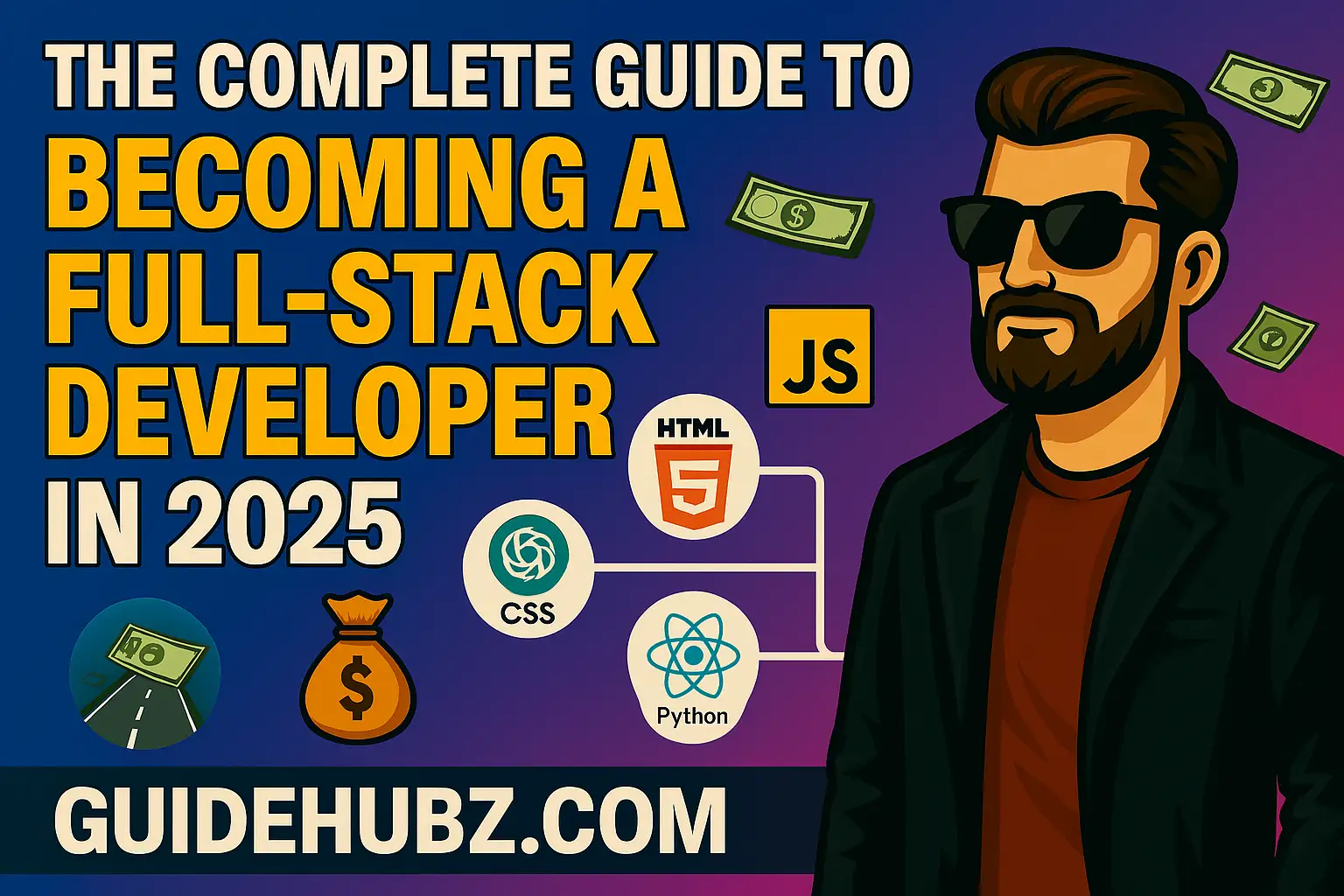The wealthy don't rely on paychecks alone. While most people focus on active income from jobs, the rich build networks of passive and semi-passive income streams that work while they sleep. These little-known strategies create financial resilience and accelerate wealth accumulation. Here are the secret income sources the 1% use to grow their fortunes.
Wealth Secret: The average millionaire has 7 income streams, while the ultra-wealthy often have 10 or more. Diversified income sources provide stability during economic downturns and create exponential growth opportunities.
1. Private Lending (The Banker's Secret)
Wealthy individuals often become the bank, earning interest by lending money directly to businesses and individuals:
How Private Lending Works
- Real estate notes: Purchase existing mortgages at a discount
- Business lending: Fund small business expansion
- Hard money loans: Short-term loans to real estate investors
- Peer-to-peer platforms: Fund loans through sites like Prosper
- Minimum: $5,000-$10,000 to start through platforms
- Pro tip: Always secure loans with collateral (property, equipment)
2. Silent Partnerships (Profit Without Work)
The wealthy invest in businesses without day-to-day involvement:
Silent Partnership Strategies
- Equity investments: Buy minority stakes in local businesses
- Revenue sharing: Get percentage of sales, not profits
- Franchise financing: Fund franchisees for a cut of profits
- Best candidates: Service businesses with steady cash flow
- Red flags: Startups, businesses needing turnaround
- Key: Invest in the operator as much as the business
3. Digital Assets (The Invisible Goldmine)
The wealthy build income streams from intangible digital properties:
Lucrative Digital Assets
- Content libraries: Stock photos, videos, music
- Software tools: Browser extensions, mobile apps
- Online courses: Evergreen educational content
- Licensed IP: Patents, trademarks, copyrights
- Domain names: Premium domains leased to companies
- Start small: Can begin with $100-$500 investments
4. Storage & Parking Income (Money From Space)
The wealthy monetize unused physical space:
Space Monetization Ideas
- RV/boat storage: $50-$300/month per vehicle
- Cell tower leases: $1,000-$5,000/month per tower
- Billboard space: $500-$10,000/month depending on traffic
- Parking spaces: Rent unused spaces in prime areas
- Storage units: Convert unused land into storage
- Pro tip: Use platforms like Neighbor to rent space easily
5. Royalty Financing (The Music Mogul Model)
Invest in creative works or inventions for a percentage of future revenue:
Royalty Investment Opportunities
- Music catalogs: Buy rights to song royalties
- Book advances: Fund authors for percentage of sales
- Patent royalties: Invest in inventors' IP
- Film/TV residuals: Buy stakes in content libraries
- Platforms: RoyaltyExchange, Songvest
- Minimum: $500-$5,000 on most platforms
6. Specialty Leasing (Renting Unusual Assets)
The wealthy generate income from unique assets most wouldn't consider:
Unconventional Leasing Ideas
- Medical equipment: Lease to clinics and hospitals
- Construction tools: Rent to contractors
- Luxury items: Designer handbags, watches
- Event equipment: Tents, tables, sound systems
- Agricultural: Farm equipment leasing
- Platforms: Fat Llama, Rentaload
7. Tax Lien Investing (Government-Backed Returns)
Earn guaranteed interest when property owners don't pay taxes:
Tax Lien Basics
- Counties sell liens when property taxes go unpaid
- Investor pays the tax bill and earns interest
- If unpaid, investor can foreclose on the property
- Minimum investments as low as $100 in some counties
- Attend county auctions or buy from secondary markets
- Due diligence on property value is crucial
How to Get Started With Hidden Income Streams
Follow this roadmap to begin building alternative income:
1. Start Small & Diversify
Begin with $500-$1,000 investments across 2-3 different streams. Never put all your capital into one opportunity.
2. Focus on Asset-Backed Opportunities
Prioritize investments secured by physical assets (real estate, equipment) for lower risk.
3. Reinvest Earnings
Compound returns by putting income from one stream into starting another.
4. Build Relationships
Network with attorneys, accountants, and wealth managers who see deals first.
5. Prioritize Cash Flow Over Appreciation
Focus on investments that pay monthly/quarterly income rather than just hoping for value increases.
Platforms to Access These Opportunities
| Income Stream | Platform | Minimum | Avg. Return |
|---|---|---|---|
| Private Lending | Groundfloor, PeerStreet | $100 | 8-12% |
| Silent Partnerships | Mainvest, Localstake | $100 | 15-25% |
| Digital Assets | Flippa, Empire Flippers | $500 | 20-40% |
| Storage/Parking | Neighbor, SpotHero | $0 (your space) | 12-30% |
| Royalties | RoyaltyExchange | $500 | 10-20% |
Common Mistakes to Avoid
Steer clear of these pitfalls when building alternative income:
- Chasing yields: Anything promising over 20% returns is likely very high risk
- No diversification: Putting all funds into one type of investment
- Poor documentation: Failing to get proper contracts and legal agreements
- Illiquidity: Not considering how to exit the investment if needed
- Tax ignorance: Not understanding tax implications of each income type
Success Story: "I started with $5,000 in private lending through Groundfloor. After 3 years of reinvesting profits, I now earn $3,200/month from various lending platforms. This income helped me leave my corporate job to focus on investing full-time." - Michael R., Former IT Manager
Frequently Asked Questions
How much money do I need to start?
Many platforms allow starts with $100-$500. Begin small, learn the process, and scale up as you gain experience and confidence.
Which stream is safest for beginners?
Private lending through established platforms offers relatively low risk with solid returns. Look for loans secured by real estate with conservative loan-to-value ratios.
How do I find these opportunities locally?
Network with real estate investor groups, attend small business meetups, and connect with commercial bankers who often see deals first.




